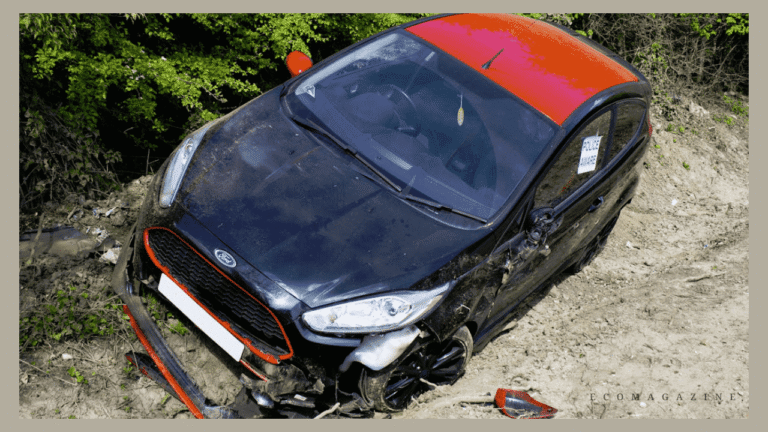A road accident can leave you shaken, but staying calm and documenting it correctly can make all the difference. Clear evidence helps speed up insurance claims, reducing frustration in the long run.
But where do you begin, and what steps matter most to ensure faster results? Let’s break down everything you need to know for smooth claim processing while avoiding costly mistakes.
Staying Safe and Assessing Immediate Needs
Ensure everyone’s safety first, as over 130,000 people are injured in road accidents each year, making it a common outcome. Move vehicles out of traffic if possible, but only if it’s safe to do so. Turn on your hazard lights and use cones or reflective triangles to warn other drivers.
Check yourself and others for injuries, and call emergency services immediately for serious concerns. Stay calm, since panicking can escalate tension.
Avoid discussing fault with anyone at the scene, including the other driver. Instead, focus on gathering necessary information while keeping everyone secure until help arrives.
Remember, prioritising safety prevents further accidents and sets a responsible tone for documenting what happened effectively.
Notifying Emergency Services and Why It Matters
Calling local emergency services is crucial in the event of an accident. A police report serves as an unbiased account of the event, often relied upon during claims processing. Emergency responders also ensure injuries receive prompt medical attention.
When speaking with officers, stick to facts and avoid speculation or admitting fault. If no emergency response is available locally, visit a nearby station to file a report yourself.
In more complex cases or when liability is disputed, consider consulting specialists like The Bradley Law Firm to help navigate legal challenges efficiently. Timely reporting strengthens your case and prevents delays in claim approval later on.
Photographing the Scene
Photos provide vital proof. Capture wide shots of the entire accident scene, including vehicle positions, skid marks, and the surrounding areas, such as traffic signs or signals. Then, take close-ups of damages to all vehicles involved.
Document number plates, weather conditions, and any visible injuries. Use your phone’s timestamp feature for added accuracy.
Take multiple angles, as these can clarify discrepancies in claims later on. If possible, include photos showing road hazards or obstructions that contributed to the accident.
Clear visuals make it easier for insurers to assess what happened without confusion or misinterpretation during claim evaluations.
Securing Dashcam Footage and Metadata Importance
Dashcams capture unbiased footage of an accident, often showing exactly how it occurred. Save the recording immediately to prevent it from being overwritten. Ensure you back up files to a secure device or cloud storage.
Preserve metadata, such as timestamps and GPS data, as these details can strengthen your claim by verifying the time, location, and sequence of events. Avoid editing or altering the file, as it could raise doubts about authenticity.
If you don’t own a dashcam but another driver nearby does, politely request their footage if possible. Clear digital evidence often eliminates disputes and speeds up decisions from insurance adjusters. It’s a good idea to invest in a dashcam if you’re a motorist for this reason. Along with avoiding MOT mistakes, it’s a great way to stay safe on the roads.
Collecting Witness Details Without Hassle
Witness accounts provide credibility, especially if fault is disputed. Politely ask witnesses for their names, phone numbers, and a brief description of what they saw. Avoid pressuring them; respect their willingness to help.
Jot down key details or record their statements (with permission) to ensure accuracy. Focus on neutral observations, such as traffic signals or vehicle behaviour, before the crash.
Verify contact information carefully, since insurers may follow up directly for verification later. Third-party testimony often resolves conflicting claims and supports a clear narrative of events, reducing delays during claim processing or disputes over liability and responsibility.
Wrapping Up
Documenting a road accident carefully is crucial for a faster insurance claims process. Prioritise safety, gather solid evidence, and report promptly to avoid delays.
Staying organised helps streamline the process. When issues arise, seek expert guidance to protect your rights and ensure the smooth resolution of disputes or complications during claims processing.


